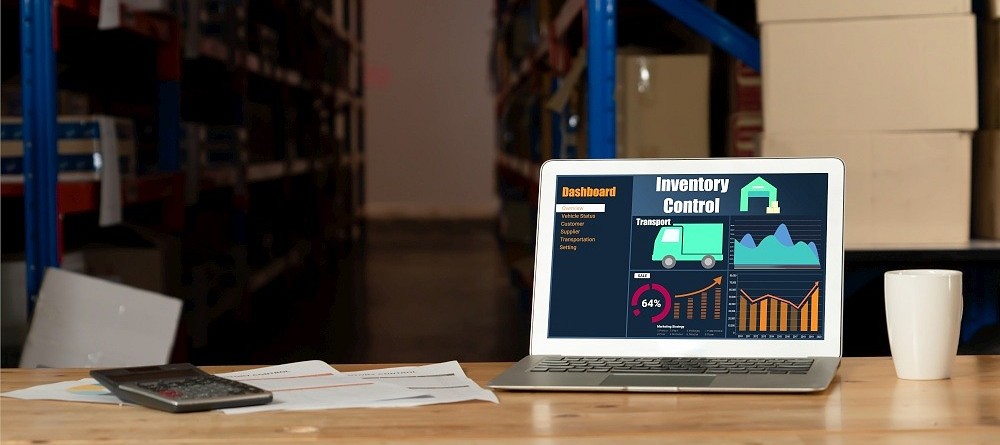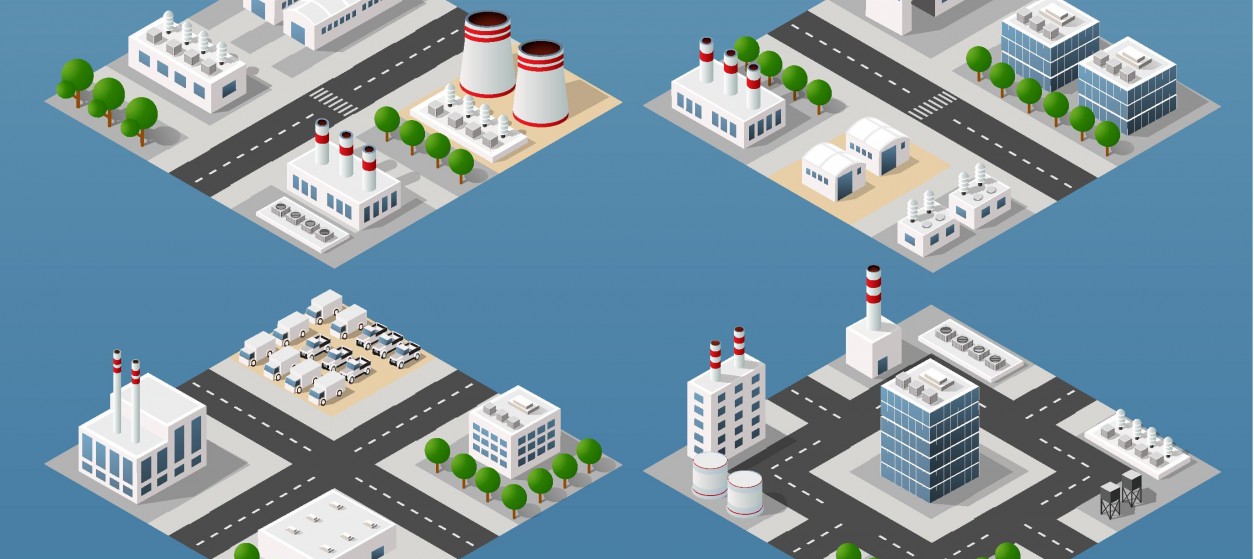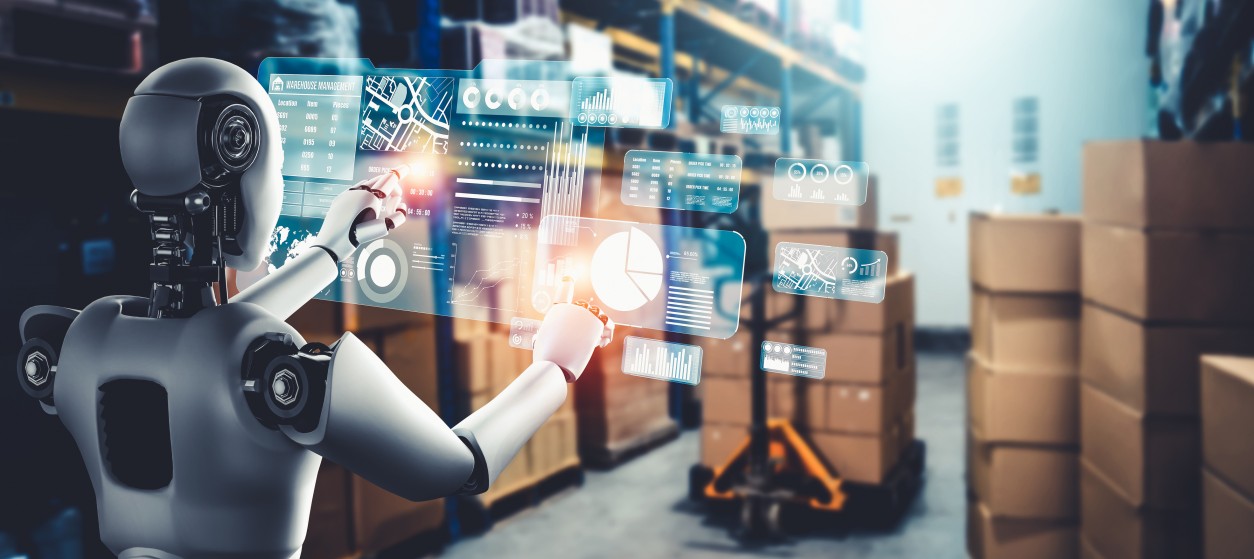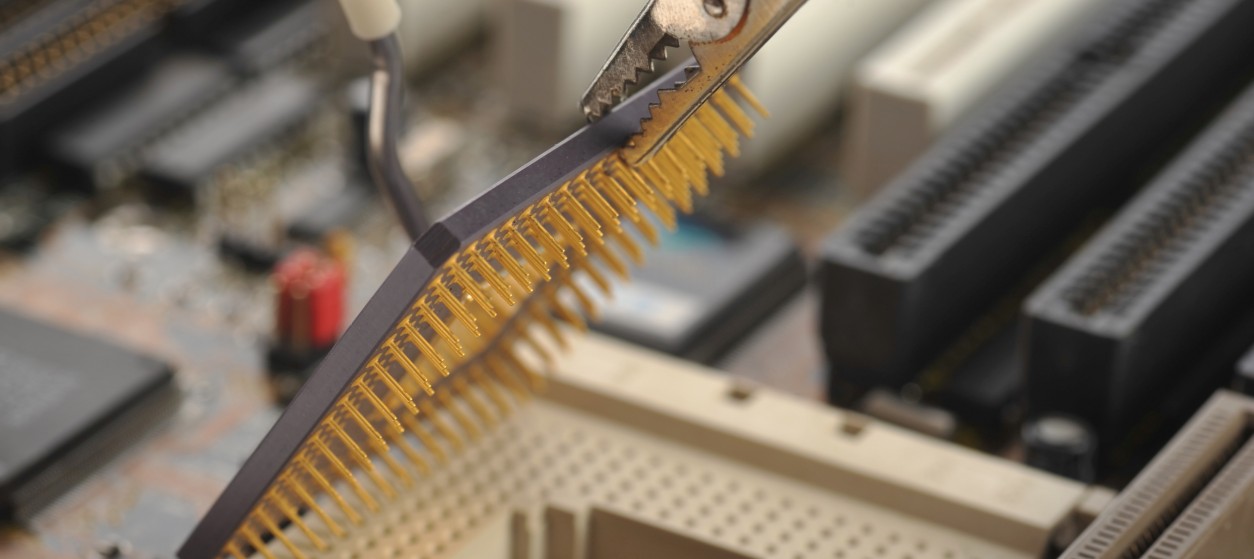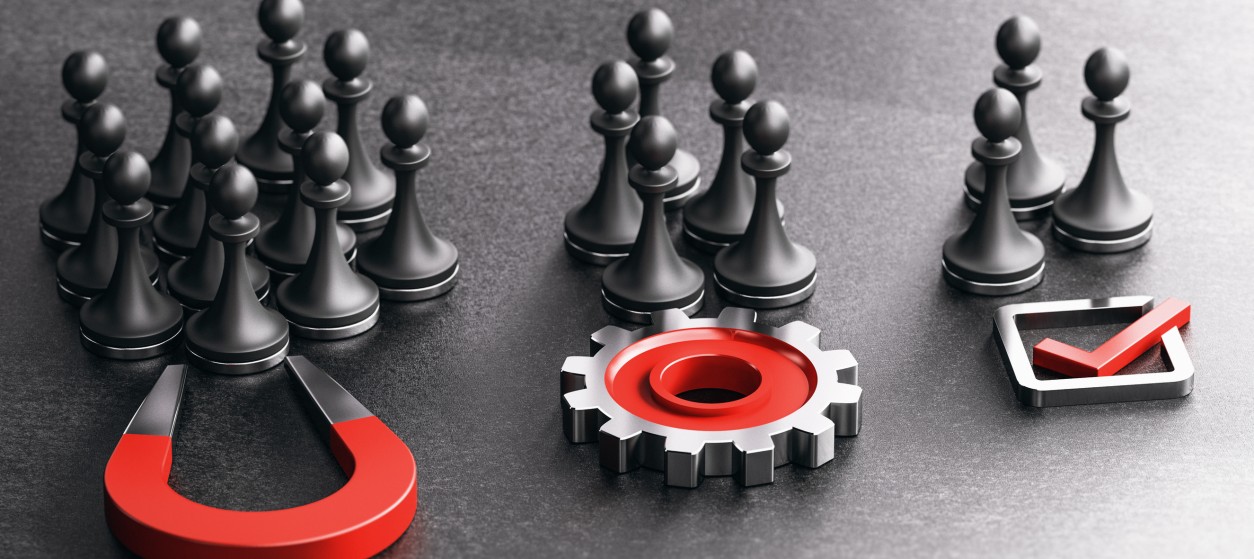For over two decades Enterprise Resource Planning (ERP) systems have been the backbone of the digital infrastructures of modern industrial enterprises. Over the years, ERP systems have evolved in terms of functionality, versatility, and scalability, without however major changes in the nature of their operation. Nevertheless, during the last couple of years, we are witnessing a new shift of conventional ERP systems towards intelligent ERP (iERP) systems. This shift is characterized by the enhancement of ERPs with novel forms of data-driven intelligence. The latter is powered by unprecedented technology acceleration in areas like cloud computing, big data, machine learning, and the internet of things.
Traditionally, the role of ERPs is to provide integrated access to information about all the different business processes of an organization regardless of department or business unit. ERPs streamline and manage processes from all the business functions of an organization, including manufacturing and production, finance and accounting, sales and marketing, and human resources. This streamlining helps industrial enterprises to make their processes more automated and more consistent. At the same time, it facilitates the business management to make more educated decisions based on consolidated up-to-date reports. Nevertheless, ERP systems do not typically provide business insights and are not effective in extracting knowledge from the vast amounts of enterprise data that are increasingly produced and becoming available. Emerging iERP infrastructures aim at filling in this gap in ways that push the agility and intelligence of modern enterprises to new levels.
The Drivers of Intelligent ERPs
The concepts of business analytics and data-driven intelligence are not new. However, for many years business enterprises had no effective ways to take advantage of them and thus were not considering them as part of their ERP implementations. More recently, the wave of iERP deployments is motivated by the following factors:
- Explosion of Data Generation: Nowadays, industrial organizations collect and generate more data than ever before. This is mainly due to the deployment of a proliferating number of sensors and internet-connected devices in industrial environments. Therefore, enterprises have more opportunities to employ data-driven business process modelling and to deploy intelligent business processes.
- Increased Compute and Storage Capacity: Industrial organizations are recently provided with easy and cost-effective access to increased compute and storage capacity. This facilitates the management and processing of a very large volume of data as part of intelligent ERP functions.
- Agility in the era of Globalization: In today’s globalized environment, industrial enterprises need to be agile, flexible, and responsive to triggers of the external environment. For instance, they need high flexibility and new efficiencies in responding to supply chain disruptions. To this end, they must automate their responses to external events based on the collection and processing of large amounts of data about the status of their business processes.
- Rise of Automation and Artificial Intelligence: Modern industry-oriented enterprise resource planning environments must reduce error-prone processes and take advantage of automation, which is a key ingredient of today’s hyper-efficient production facilities. In this direction, industrial organizations must leverage Artificial Intelligence (AI) as part of their ERP deployments.
The Digital Pillars of Intelligent ERPs
From an implementation perspective, iERP systems leverage multiple cutting-edge digital technologies. Each of these technologies exhibits intelligence features, yet additional intelligence is produced based on their effective integration Specifically, iERP systems are based on the following digital pillars:
- Cloud Computing: iERP systems collect and manage data in the cloud. The latter serves as a central point for collecting and integrating data from different sources such as enterprise databases, sensors, automation devices, and enterprise information systems. Furthermore, cloud computing provides scalability and quality of service in the analysis of large datasets.
- Big Data: Most iERP deployments manage large volumes of data from diverse sources, including data streams with high ingestion rates. Hence, they integrate and deploy Big Data technologies such as data lakes and stream handling platforms.
- Internet of Things: iERP systems are typically deployed in industrial environments such as manufacturing shopfloors, energy plants, and oil refineries. These environments comprise 100s of sensors and internet-connected devices that are valuable resources of industrial data. Therefore, iERP systems integrate Industrial IoT platforms which facilitate the interaction with IoT devices and other Cyber Physical Production Systems (CPPS).
- Machine Learning: Machine learning is the most common flavor of AI in industrial environments. Machine learning programs provide the means for extracting statistical insights on the status of assets and business processes. Hence, they are a foundation for enhancing conventional ERPs with data-driven intelligence.
- Blockchains and Distributed Ledger Technologies: Distributed ledger technologies are not just supporting the operation of cryptocurrencies, but also enabling new forms of decentralized intelligence. In the iERP context, they enable decentralized data sharing and processing, including the processing of information close to the field in support of automation processes. Specifically, they enable local processing, which obviates the need for transmitting large volumes of data to the cloud. Likewise, blockchain infrastructures are excellent vehicles for supporting trusted, interoperable and decentralized data sharing across the supply chain. Therefore, future iERPs will be providing blockchain interfaces for sharing information with other parties across their industrial value chains.
Overall, iERP enables novel forms of enterprise modeling and accelerates the process of transforming industrial enterprises to intelligent digital businesses. Leveraging advanced digital enablers like cloud computing, IoT, and machine learning, iERPs deliver much more than conventional reporting and deterministic data analytics. They provide unique insights on business processes, based on the discovery and presentation of hidden patterns of industrial knowledge. Likewise, they boost the automation and responsiveness of enterprise processes, through real-time data collection and analytics. Hence, iERP enables industrial enterprises to implement novel on-demand, data-intensive business models (e.g., data as a service and asset as a service), to build hyper-efficient industrial plants, and to improve the quality and competitiveness of their products. Overall, iERP provides a blueprint for a wave of new enterprise software solution that helps enterprises excel in the era of the fourth industrial revolution (Industry 4.0).
